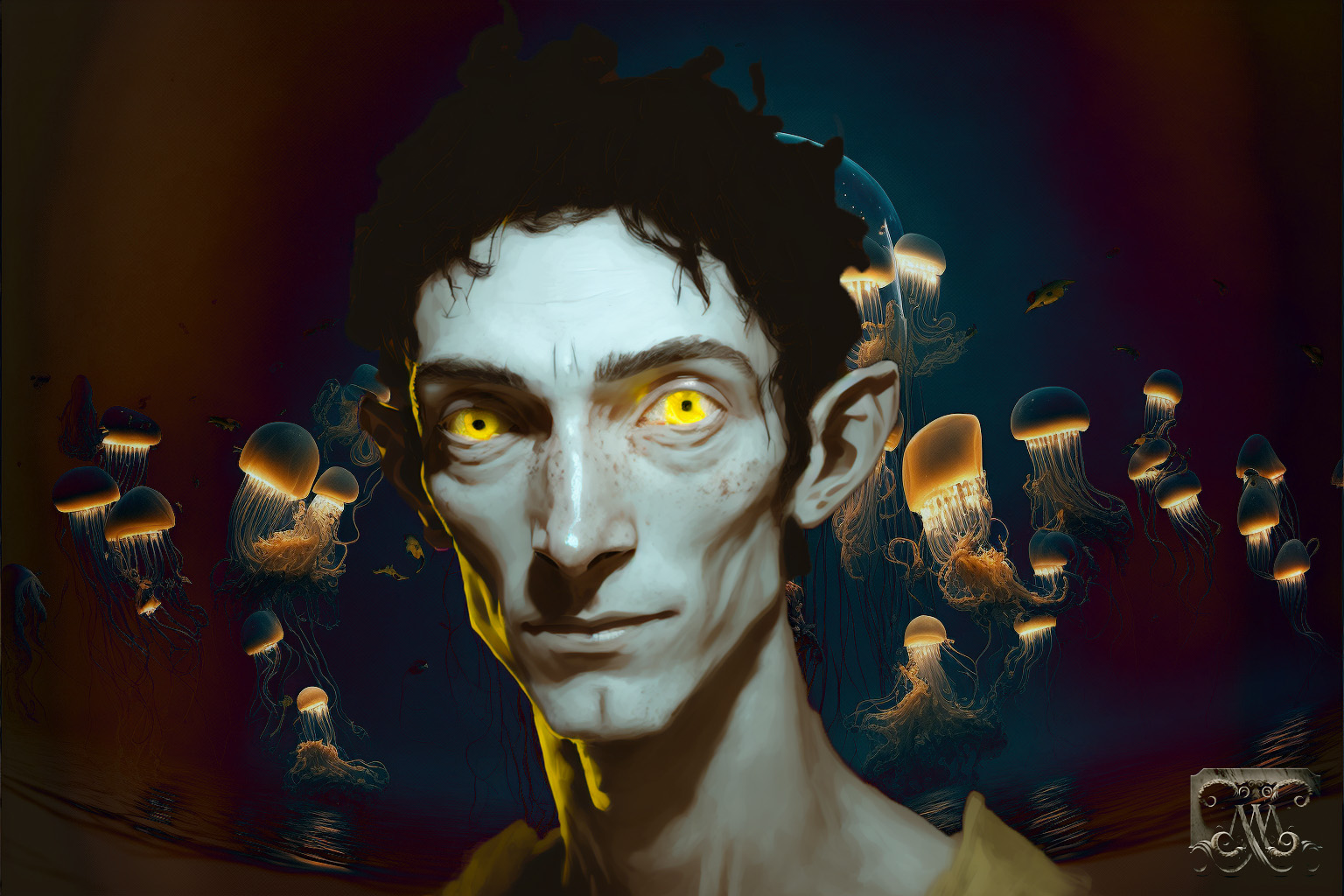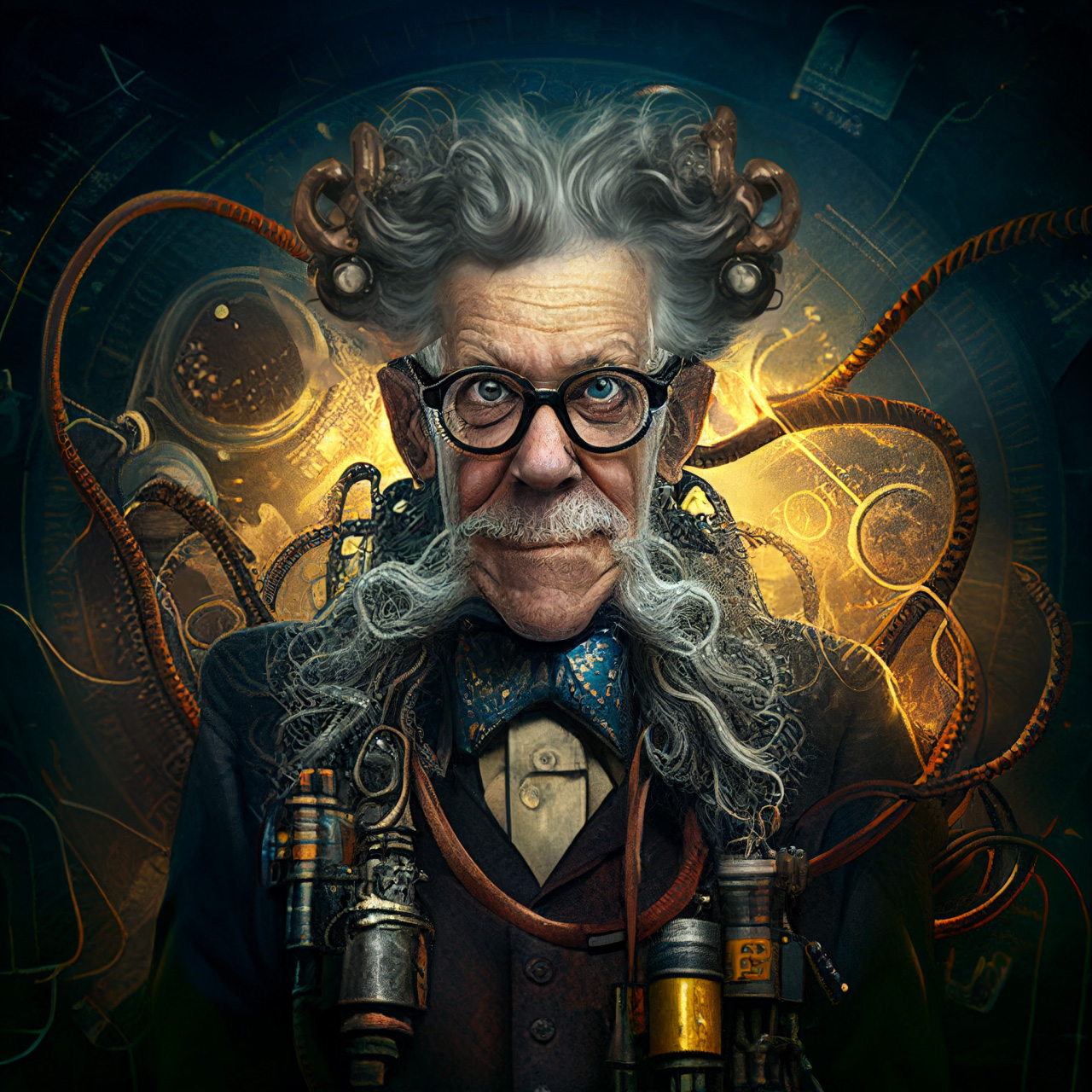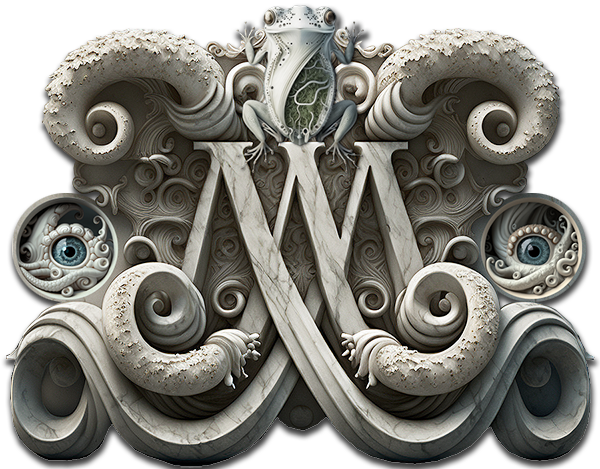
I started to reply, but a sudden burst of military music from the street below drowned my voice. The Twentieth Dragoon Regiment, formerly in garrison at Mount St. Vincent, was returning from the manoeuvres in Westchester County to its new barracks on East Washington Square. It was my cousin’s regiment. They were a fine lot of fellows, in their pale-blue, tight-fitting jackets, jaunty busbies, and with riding-breeches, with the double yellow stripe, into which their limbs seemed to have been moulded. Every other squadron was armed with lances, from the metal points of which fluttered yellow-and-white pennons. The band passed, playing the regimental march, then came the colonel and staff, the horses crowding and trampling, while their heads bobbed in unison, and the pennons fluttered from their lance points. The troopers, who rode with the beautiful English seat, looked brown as berries from their bloodless campaign among the farms of Westchester, and the music of their sabres against the stirrups, and the jingle of spurs and carbines was delightful to me. I saw Louis riding with his squadron. He was as handsome an officer as I have ever seen. Mr. Wilde, who had mounted a chair by the window, saw him, too, but said nothing. Louis turned and looked straight at Hawberk’s shop as he passed, and I could see the flush on his brown cheeks. I think Constance must have been at the window. When the last troopers had clattered by, and the last pennons vanished into South Fifth Avenue, Mr. Wilde clambered out of his chair and dragged the chest away from the door.
“Yes,” he said, “it is time that you saw your cousin Louis.”
He unlocked the door and I picked up my hat and stick and stepped into the corridor. The stairs were dark. Groping about, I set my foot on something soft, which snarled and spit, and I aimed a murderous blow at the cat, but my cane shivered to splinters against the balustrade, and the beast scurried back into Mr. Wilde’s room.
Passing Hawberk’s door again, I saw him still at work on the armor, but I did not stop, and, stepping out into Bleecker Street, I followed it to Wooster, skirted the grounds of the Lethal Chamber, and, crossing Washington Park, went straight to my rooms in the Benedick. Here I lunched comfortably, read the Herald and the Meteor, and finally went to the steel safe in my bedroom and set the time combination. The three and three-quarter minutes which it is necessary to wait, while the time lock is opening, are to me golden moments. From the instant I set the combination to the moment when I grasp the knobs and swing back the solid steel doors, I live in an ecstasy of expectation. Those moments must be like moments passed in paradise. I know what I am to find at the end of the time limit. I know what the massive safe holds secure for me, for me alone, and the exquisite pleasure of waiting is hardly enhanced when the safe opens and I lift, from its velvet crown, a diadem of purest gold, blazing with diamonds. I do this every day, and yet the joy of waiting and at last touching again the diadem only seems to increase as the days pass. It is a diadem fit for a king among kings, an emperor among emperors. The King in Yellow might scorn it, but it shall be worn by his royal servant.
I held it in my arms until the alarm on the safe rang harshly, and then tenderly, proudly I replaced it and shut the steel doors. I walked slowly back into my study, which faces Washington Square, and leaned on the window-sill. The afternoon sun poured into my windows, and a gentle breeze stirred the branches of the elms and maples in the park, not covered with buds and tender foliage. A flock of pigeons circled about the tower of the memorial Church, sometimes alighting on the purple-tiled roof, sometimes wheeling downward to the lotos fountain in front of the marble arch. The gardeners were busy with the flowerbeds around the fountain, and the freshly turned earth smelled sweet and spicy. A lawn-mower, drawn by a fat, white horse, clinked across the greensward, and watering-carts poured showers of spray over the asphalt drives. Around the statue of Peter Stuyvesant, which in 1906 had replaced the monstrosity supposed to represent Garibaldi, children played in the spring sunshine, and nurse girls wheeled elaborate baby-carriages with reckless disregard for the pasty-face occupants, which could probably be explained by the presence of half a dozen trim dragoon troopers languidly lolling on the benches. Through the trees the Washington Memorial Arch glistened like silver in the sunshine, and beyond, on the eastern extremity of the square, the gray-stone barracks of the dragoons and the white-granite artillery stables were alive with color and motion.

